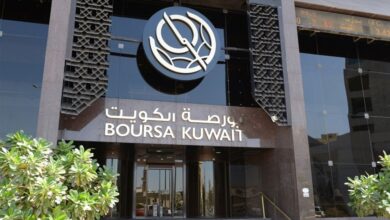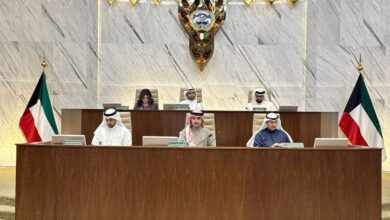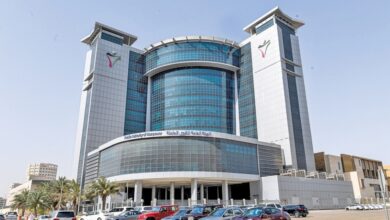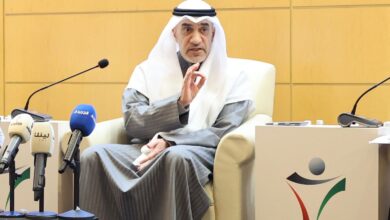Kuwait, OPEC ready to offset oil shortages amid sanctions
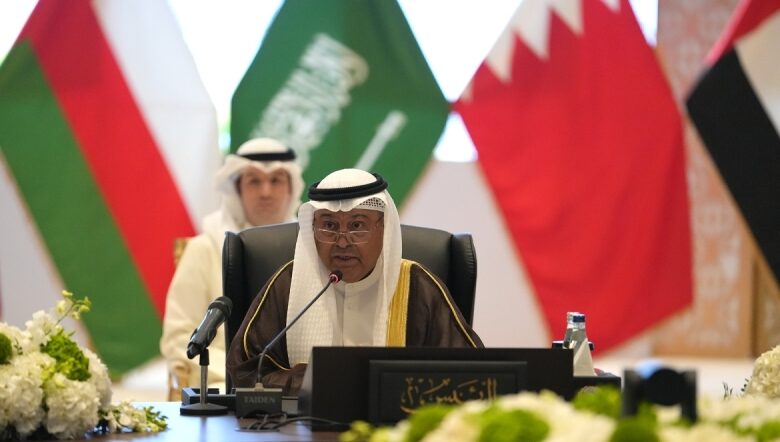
Oil Minister Tariq Al-Roumi said Kuwait and OPEC are prepared to compensate for oil supply shortages affecting countries impacted by sanctions on Russian oil companies.
Speaking on the sidelines of the 27th GCC Environment Ministers’ Meeting in Kuwait, Al-Roumi highlighted rising oil demand across the Gulf and Middle East.
He noted that OPEC has the capacity to boost production and return to previous output levels, as current exports remain below capacity.
Al-Roumi added that restoring production depends on market data, cautioning that predicting prices under current conditions is difficult.

He emphasized that countries facing supply shortages, such as India, will seek alternatives, while Kuwait continues to provide competitive prices and facilities to its clients.
He recalled that OPEC had previously withdrawn about 1.5 million barrels from the market, a portion of which could be gradually reinstated, including a planned increase of 137,000 barrels per day in November.
The minister reported that the meeting concluded with 18 recommendations and full consensus among participating countries. Al-Roumi stressed the importance of a unified Gulf position in international forums, annual technical meetings to support shared policies, and continued efforts to fulfill environmental commitments.
He reaffirmed the GCC leaders’ focus on environmental protection as a national and regional priority, highlighting the need for scientific solutions to global challenges like climate change, while advancing sustainable development. Kuwait’s efforts in the environmental sector reflect its commitment to international treaties and cooperation with Gulf states to ensure a safe and sustainable environment.
GCC Secretary-General Jassim Al-Budaiwi noted that Gulf states have made significant progress in translating environmental commitments into pioneering initiatives.
He emphasized policies to reduce emissions, increase renewable energy use, and transition to a low-carbon economy, while balancing economic growth and resource conservation.
These efforts include energy diversification, improved efficiency, treated water usage, clean energy and hydrogen projects, and circular carbon economy practices aimed at reducing emissions and promoting recycling.







